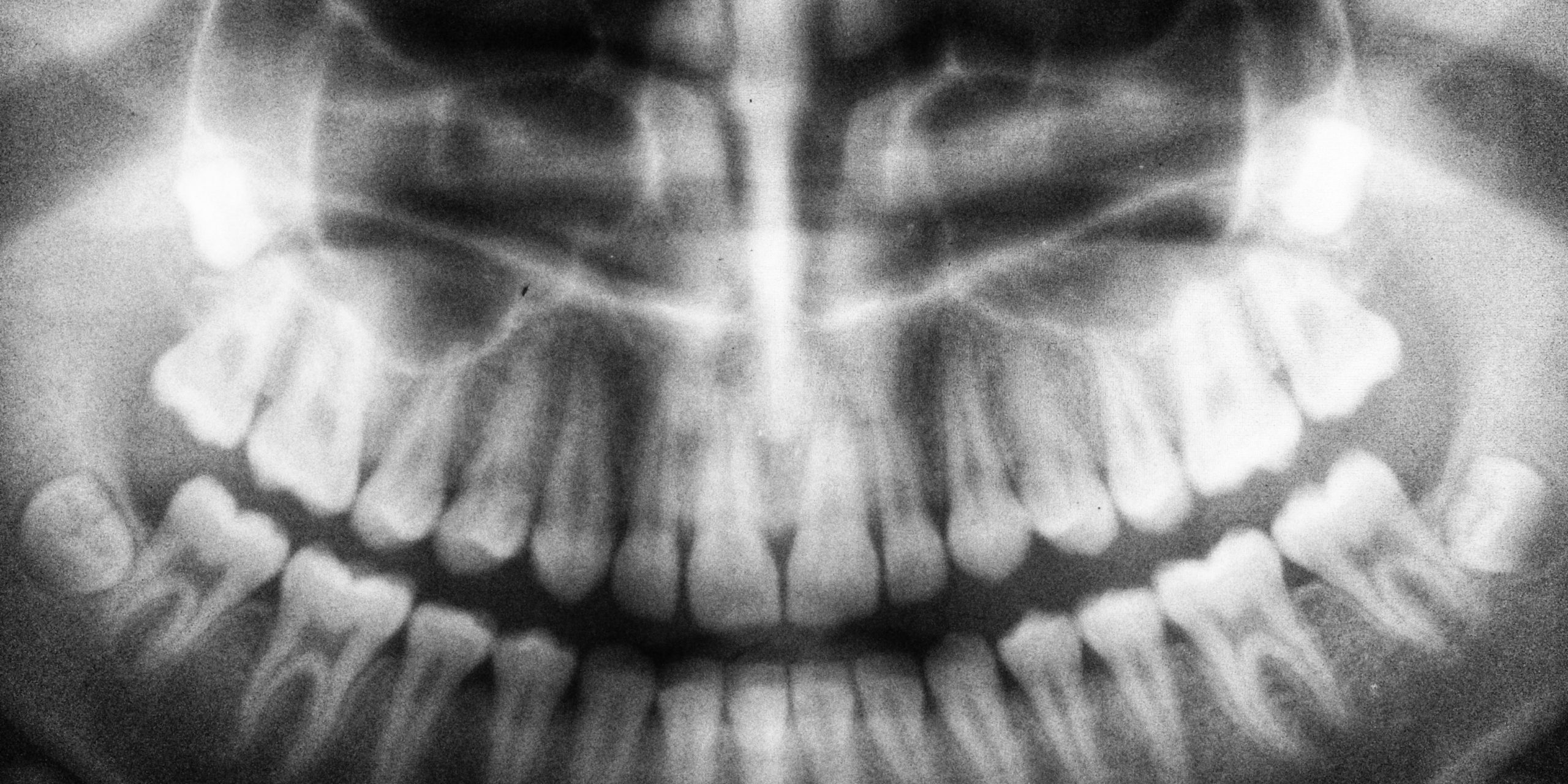The use of x-rays is an essential tool in dentistry for the diagnosis of disease and used to guide treatment planning in a safe and logical manner. However, it is understandable that some people may be concerned about the safety of dental x-rays given the use of radiation. In the post, we discuss the safety of having dental x-rays performed.
Why are dental x-rays needed?
Dental x-rays allow for an image to be captured to see the interior of the tooth, gums and bone and provides information that could otherwise not be determined by looking directly at the teeth inside the mouth.
This allows for diagnosis and treatment planning of:
- Decay – especially in between teeth where a dentist cannot detect this by looking at the teeth directly
- Defective fillings – determine when existing fillings require replacement
- Bone loss from gum disease
- Cysts, abscesses and other pathologies within bone
- Impacted teeth
What are the risks of dental x-rays?
The concern around x-rays comes from exposure to radiation. Ionising radiation can cause cell and tissue damage, which may lead to cancer and other health issues in the future. The risk of damage increases with a higher radiation dose and with an extended time of exposure.
It is important to note that everyone is exposed to natural sources of radiation every day, such as cosmic radiation from the sun. This is known as background radiation. The amount of radiation from taking two bitewing dental x-rays is equivalent to less than one day of background radiation. In another comparison, one 7 hour flight exposes you to radiation equivalent to approximately 16 dental x-rays.
In other words, the amount of radiation received during dental x-rays is very small and the lifetime risk of developing a fatal cancer from the exposure is negligible.
If dental x-rays are safe, why does the dentist leave the room?
As discussed above, the risk of damage increases with higher radiation doses with an extended time of exposure. A dentist may sometimes take 20 x-rays for different patients in a single day. Over a dentist’s working life, this would create unnecessary risk of adverse effects due to excess exposure to radiation. Therefore, all dental staff will step outside the room during the dental x-ray. We will also ask any persons accompanying that patient also to step outside the room as we will always try to minimise any unnecessary exposure to radiation if possible.
Can I refuse to take an x-ray?
As with any dental treatment, the patient has the right to refuse to have an x-ray taken. However, it is important that you understand the potential consequences of refusing to have a recommended x-ray taken. Without the appropriate x-rays, many treatments cannot be safely planned and executed. A dentist may refuse to treat certain conditions without an x-ray if there is a serious risk of complication without having the x-ray present.
The benefit of taking a dental x-ray if recommended by your dentist far outweighs any potential risk of taking the x-ray. We will always try to minimise your exposure to radiation as much as possible. If you have any questions or concerns, please speak to your dentist at Peninsula Dental Care Rosebud.







